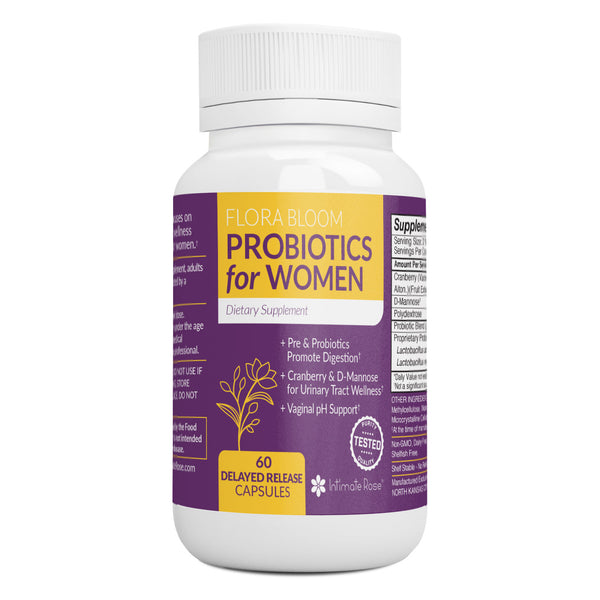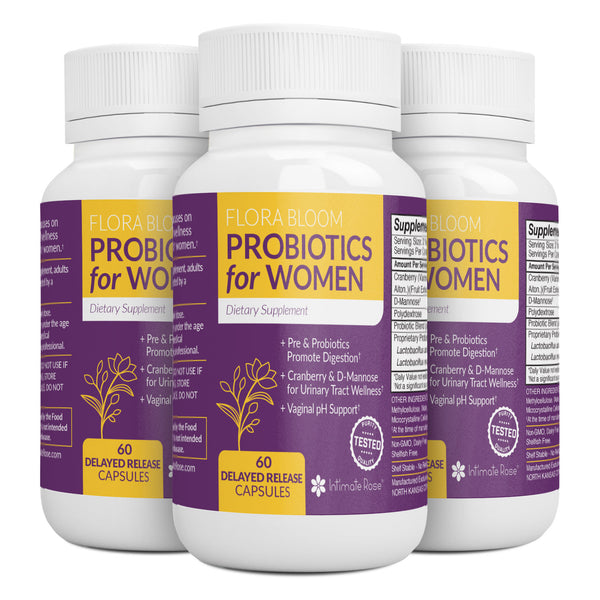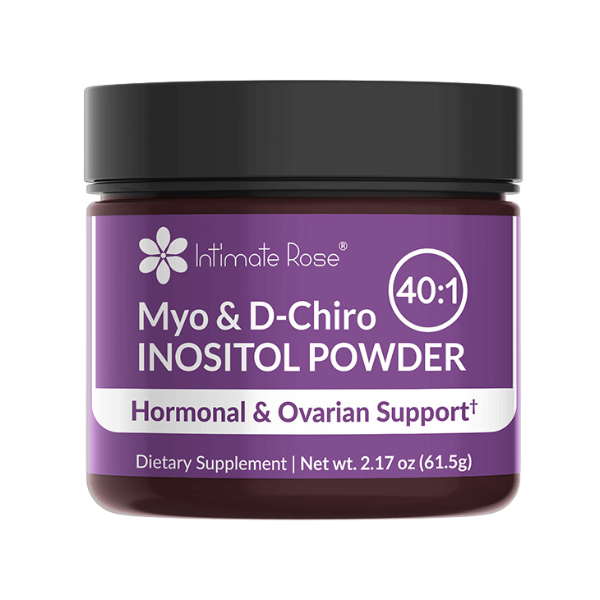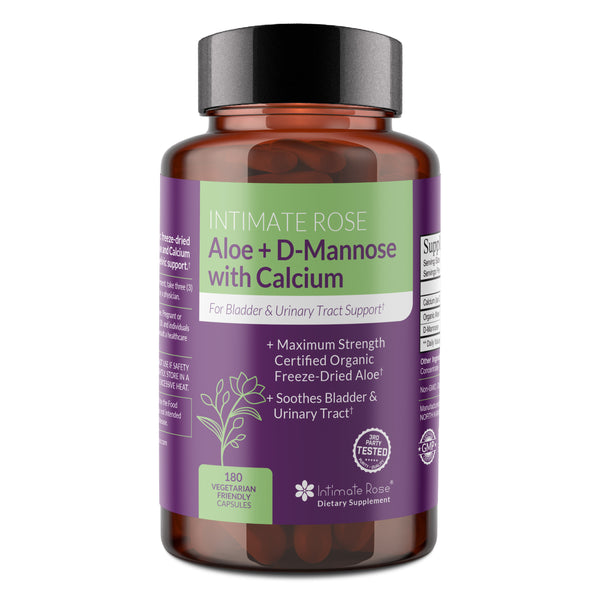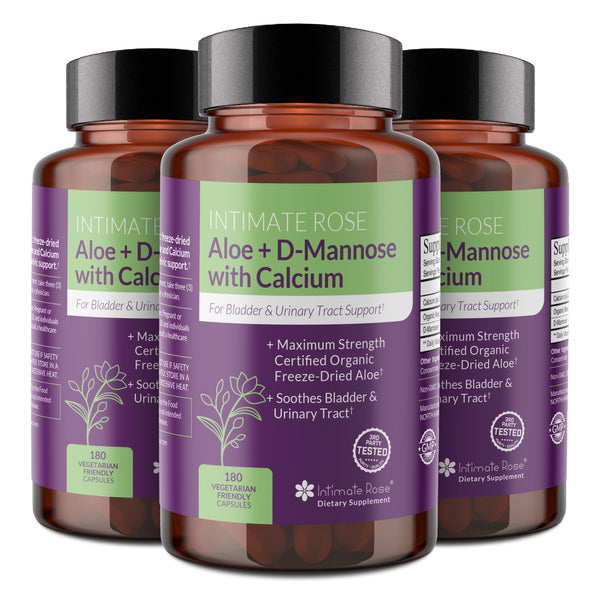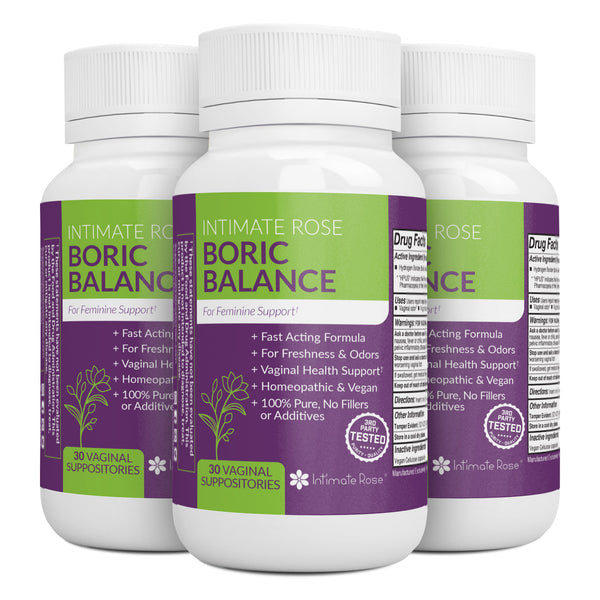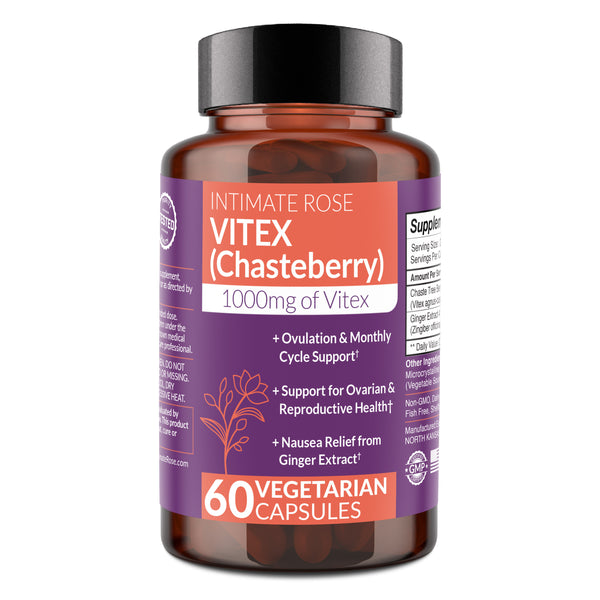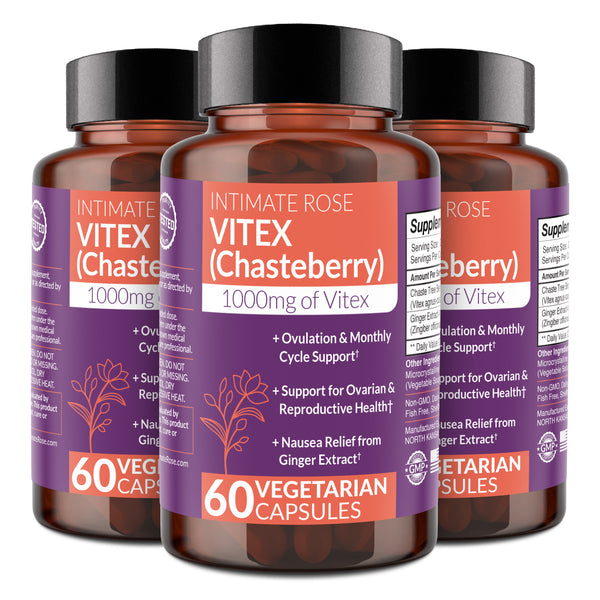Myo-inositol (a type of inositol) is sometimes prescribed to pregnant people or those with metabolic disorders. But what is myo-inositol? How does myo-inositol work with fertility and pregnancy? And is myo-inositol safe to take while pregnant?
The short answer: our current research shows that myo-inositol is perfectly safe for most pregnant people, and may decrease the risk for some pregnancy complications. Keep reading to learn more!
Things Off Down There?
What is myo-inositol?
Inositol is a natural sugar with a similar molecular structure to glucose (National Center for Biotechnology Information, 2021). Myo-inositol is the type of inositol that is most found in nature.
Because of its similarity to glucose, it can imitate insulin--the hormone that helps move sugar from your blood to your cells. As a result, it helps decrease the level of sugar in your blood and can help relieve symptoms of insulin resistance in disorders such as polycystic ovarian syndrome (PCOS), gestational diabetes mellitus (GDM), and metabolic syndrome (Croze & Soulage, 2013).
The benefits of inositol to those with PCOS are not only reproductive; many of the symptoms of PCOS (such as acne and facial hair) stem from the production of androgens--male sex hormones.
Studies of inositol used for the treatment of PCOS have found a decrease in the formation of these androgens, and therefore an improvement of many different PCOS symptoms (Wojciechowska et al, 2019).
Other research has suggested that myo-inositol may be more effective for PCOS when taken in combination with another type of inositol: D-chiro-inositol (Nordio & Proietti, 2012).
You can get more myo- and D-chiro-inositol in your diet by eating fruits, beans, grains, and nuts--particularly when fresh and not frozen or canned (Clements & Darnell, 1980). It is also widely available as a dietary supplement.
What role does myo-inositol play in pregnancy?
Between 1 and 14% of pregnant people will develop gestational diabetes mellitus (GDM) or gluten intolerance that develops during pregnancy where it was not there previously (American Diabetes Association, 2004).
Those that develop GDM have a higher risk of developing diabetes after pregnancy (most often type 2, but sometimes type 1), and their child also has a higher rate of developing gluten intolerance and associated metabolic problems in late adolescence.
A Cochrane review looked at existing evidence for reducing risk of GDM. Across 3 trials with over 500 women, there was some reduction of risk of GDM in those who took myo-inositol supplementation, although further tests are needed. The review also suggested that diet and exercise might help reduce GDM when done together, as well as taking vitamin D and metformin (Griffith et al, 2020).
Myo-inositol is also being prescribed more often to people with polycystic ovarian syndrome (PCOS) who are experiencing problems with fertility. Some studies suggest myo-inositol can help PCOS patients become pregnant and decrease their risk of miscarriage; however, because of small sample sizes and other reporting issues, more tests are needed to prove whether myo-inositol can help ensure a successful pregnancy for those with PCOS (Showell et al, 2018).
Is myo-inositol safe to take during pregnancy?
Clinical trials in both animals and humans have all suggested very little risk for those taking myo-inositol, whether pregnant or not.
Some research has suggested that at higher doses, side effects of myo-inositol might include nausea and other mild gastrointestinal problems, headaches, dizziness, and fatigue--however, these side effects typically only occur in higher doses than the recommended 4 grams per day (Formoso et al, 2019).
In fact, because it reduces the risk of GDM during pregnancy, and increases the success rate of pregnancies for those with PCOS, taking myo-inositol may be safer than not for some pregnant people.
How does the Inositol supplement work?
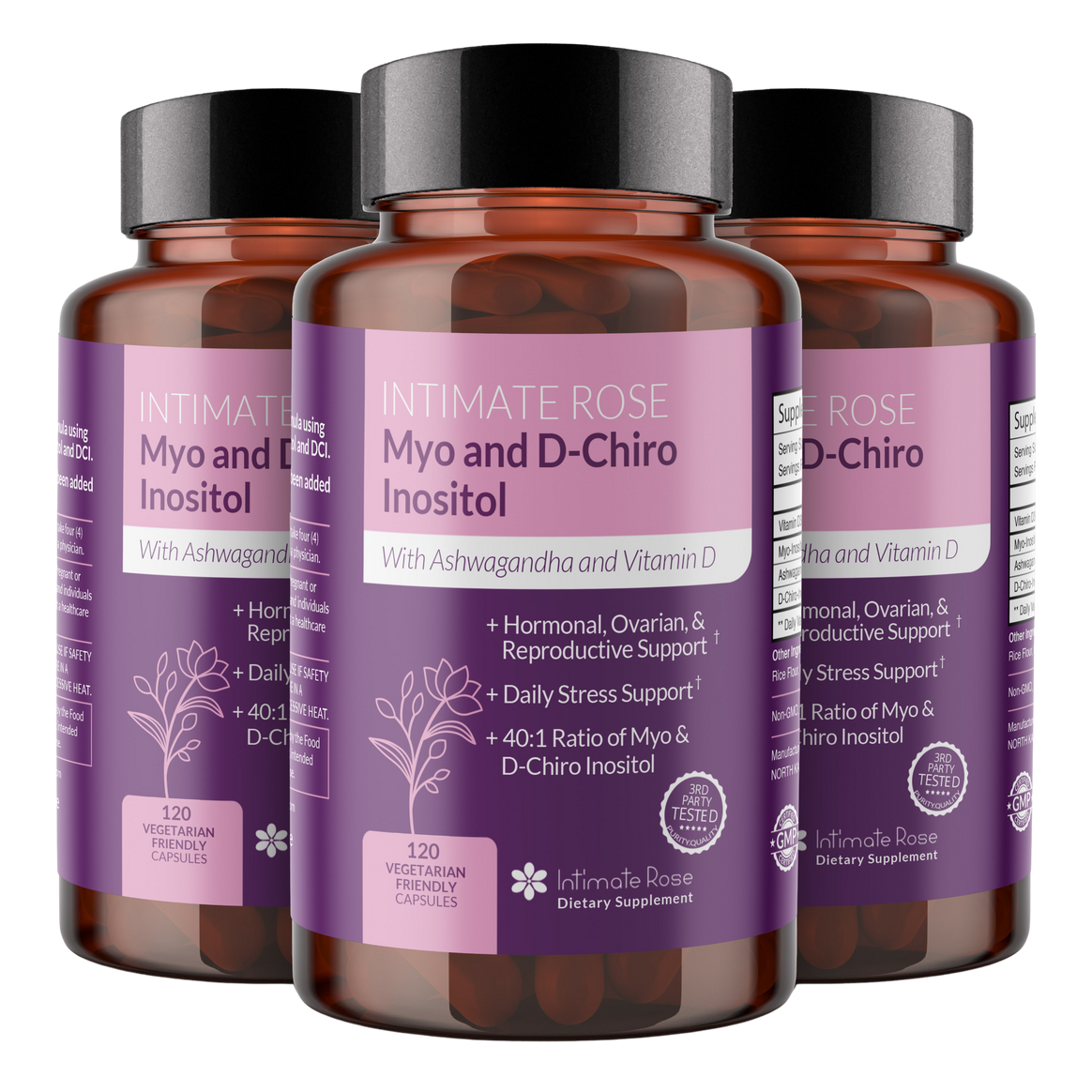
Conclusion
We still need more and better research involving the role of myo-inositol in managing metabolic conditions and its role in pregnancy. However, current research suggests that myo-inositol is safe to take during pregnancy.
It might increase the chances of getting and staying pregnant for people with PCOS, and may reduce the risk of GDM in pregnant women.
That said, you should always talk to your doctor before starting any new supplement; if you are pregnant or have PCOS, you should talk to your OBGYN as well. You should also let your doctor know immediately if you start experiencing symptoms while taking myo-inositol such as nausea, headaches, dizziness, or fatigue.
References
- National Center for Biotechnology Information (2021). PubChem Compound Summary for CID 892, Inositol. https://pubchem.ncbi.nlm.nih.gov/compound/Inositol
- Croze, M. L., & Soulage, C. O. (2013). Potential role and therapeutic interests of myo-inositol in metabolic diseases. Biochimie, 95(10), 1811-1827. https://doi.org/10.1016/j.biochi.2013.05.011
- Wojciechowska A, Osowski A, Jóźwik M, Górecki R, Rynkiewicz A, Wojtkiewicz J. (2019). Inositols’ Importance in the Improvement of the Endocrine–Metabolic Profile in PCOS. International Journal of Molecular Sciences, 20(22):5787. https://doi.org/10.3390/ijms20225787
- Nordio, M., & Proietti, E. (2012). The combined therapy with myo-inositol and D-chiro-inositol reduces the risk of metabolic disease in PCOS overweight patients compared to myo-inositol supplementation alone. European review for medical and pharmacological sciences, 16(5), 575–581. https://pubmed.ncbi.nlm.nih.gov/22774396/
- Clements Jr, R. S., & Darnell, B. (1980). Myo-inositol content of common foods: development of a high-myo-inositol diet. The American journal of clinical nutrition, 33(9), 1954-1967. https://doi.org/10.1093/ajcn/33.9.1954
- American Diabetes Association. (2004). Gestational diabetes mellitus. Diabetes care, 27(suppl 1), s88-s90. https://doi.org/10.2337/diacare.27.2007.S88
- Griffith RJ, Alsweiler J, Moore AE, Brown S, Middleton P, Shepherd E, Crowther CA (2020). Interventions to prevent women from developing gestational diabetes mellitus: an overview of Cochrane Reviews. Cochrane Database of Systematic Reviews 2020, Issue 6. Art. No.: CD012394 https://doi.org/10.1002/14651858.CD012394.pub3
- Showell MG, Mackenzie‐Proctor R, Jordan V, Hodgson R, Farquhar C. (2018). Inositol for subfertile women with polycystic ovary syndrome. Cochrane Database of Systematic Reviews, Issue 12. Art. No.: CD012378. https://doi.org/10.1002/14651858.CD012378.pub2
- Formoso, G., Baldassarre, M., Ginestra, F., Carlucci, M. A., Bucci, I., & Consoli, A. (2019). Inositol and antioxidant supplementation: Safety and efficacy in pregnancy. Diabetes/metabolism research and reviews, 35(5), e3154. https://doi.org/10.1002/dmrr.3154

Things Off Down There?




